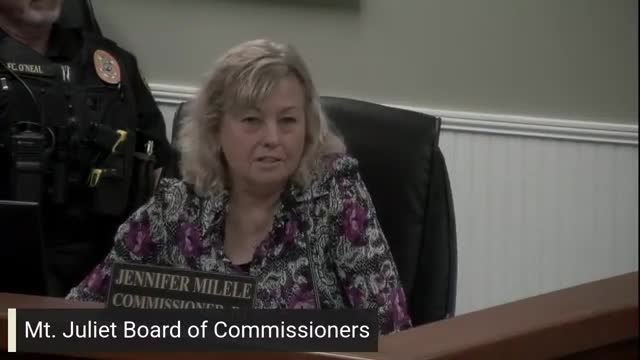Article not found
This article is no longer available. But don't worry—we've gathered other articles that discuss the same topic.
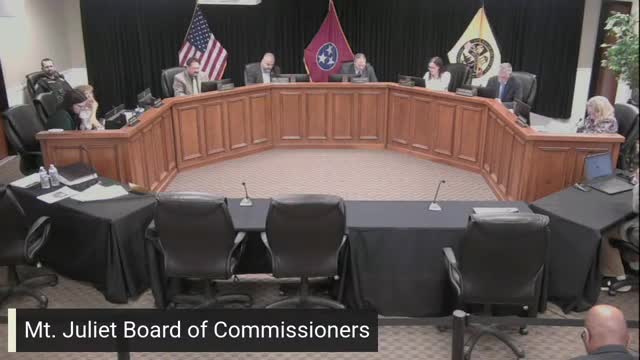
Mount Juliet commissioners approve land-use change and annexation for Marabella; residents warn of traffic, emergency access
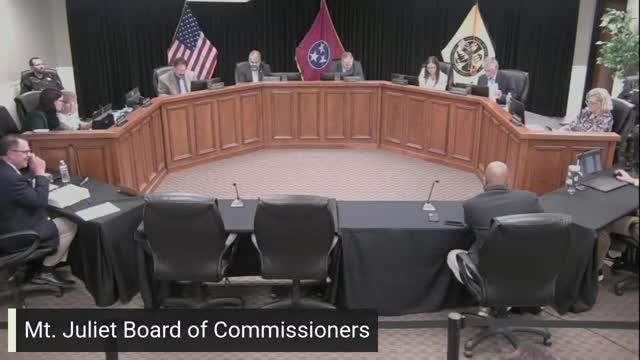
Votes at a glance: Mount Juliet Board of Commissioners (April 28, 2025)
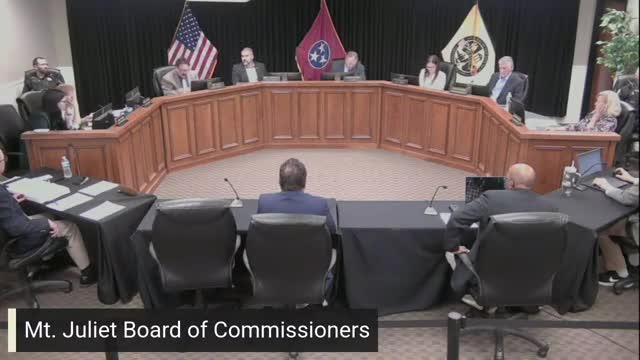
Board amends traffic‑calming rules to allow staff replacement of devices during resurfacing and a sight‑distance exemption
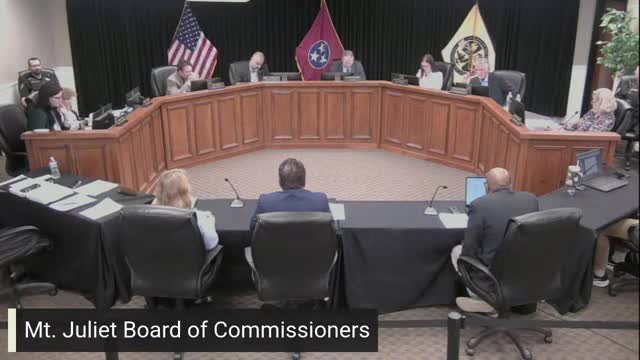
Commissioners move to require streetlights in new single‑family subdivisions; ordinance advanced to second reading
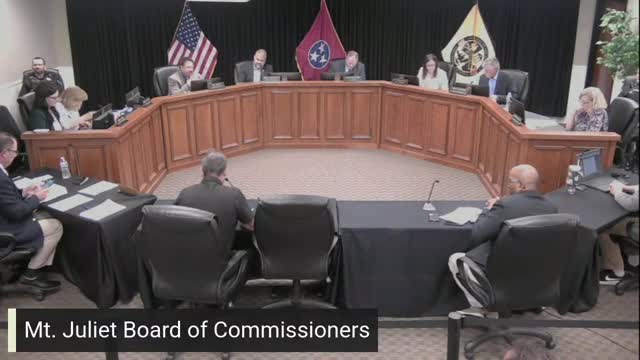
Commissioners amend city fireworks code to clarify indoor cooking, alarms and combustible buffers; ordinance passes first reading
